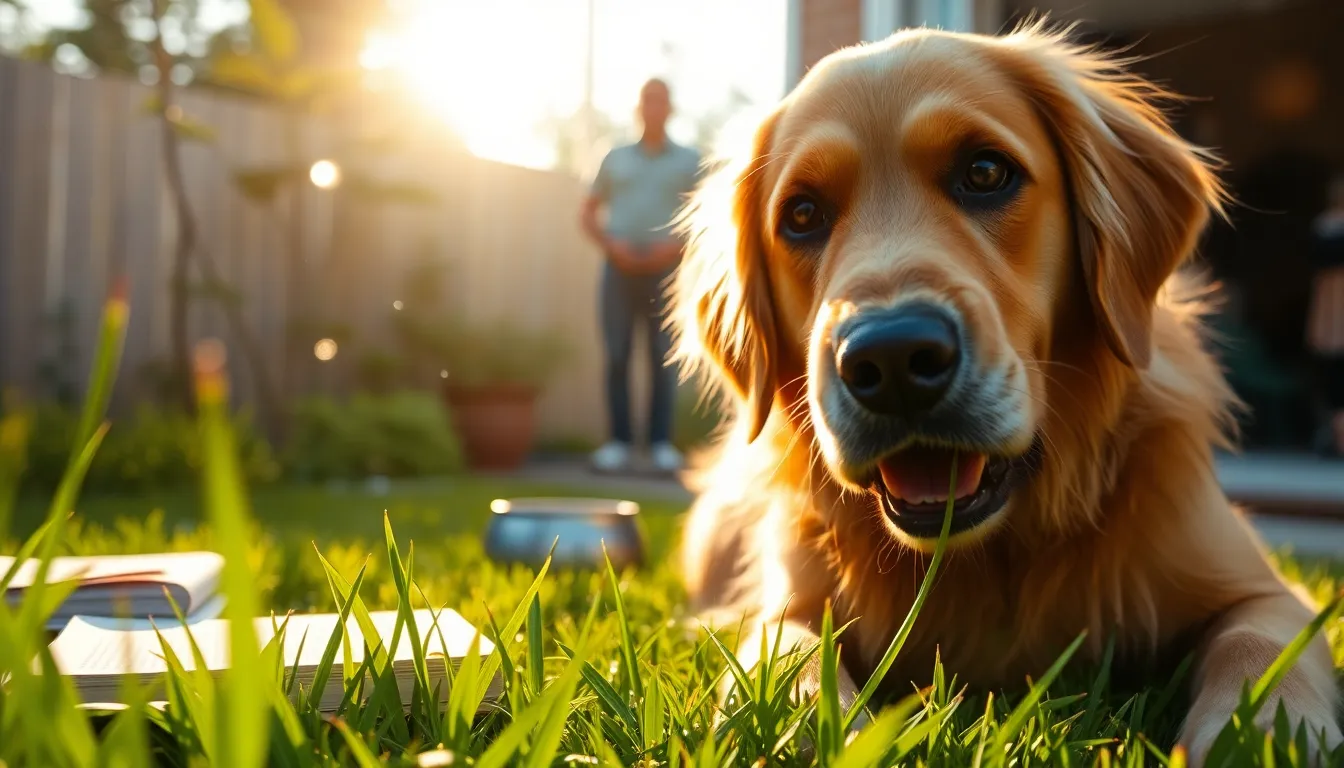Why Do Dogs Eat Grass? Normal Behavior or Health Issue
Dogs are weird. One minute they’re your loyal companion, and the next, they’re munching on grass like it’s some kind of salad bar buffet. If you’ve ever watched your furry friend suddenly start grazing like a cow, you’re not alone. Most dog owners have seen this bizarre behavior and wondered: What’s going on?
Grass-eating is one of those mysterious canine habits that seems to defy logic. Is it a sign something’s wrong? A quirky instinct? A dietary need? The truth is – it’s complicated. Dogs don’t exactly come with instruction manuals, and their grass-eating behavior has puzzled veterinarians and pet owners for years.
The Natural Instincts Behind Grass Eating
Dogs aren’t just random grass-munchers. Their behavior actually has deep roots in evolutionary biology. Wild canine ancestors like wolves weren’t picky eaters – they consumed entire prey, including the stomach contents of herbivores. This means plant matter was already part of their diet. Modern dogs might be carrying forward this ancient dietary pattern, even if they’re now lounging on our couches.
Veterinary researchers suggest that grass consumption could be a remnant of nutritional instincts. Some dogs might be seeking additional fiber, minerals, or micronutrients not present in their regular diet. It’s like their version of taking a dietary supplement – just way less scientific and way more random.
Potential Medical Reasons for Grass Consumption
Sometimes, grass eating isn’t just about instinct – it can signal underlying health issues. Dogs might consume grass when experiencing digestive discomfort. The grass can act as a natural way to induce vomiting, helping them clear their stomach of something that’s causing irritation.
Common medical motivations include:
- Mild stomach upset
- Digestive system cleansing
- Potential enzyme or nutrient deficiency
- Intestinal parasite management
Did You Know?
Wolves and wild canines have been observed eating plant matter for thousands of years, suggesting grass consumption is deeply rooted in canine behavior.
Psychological Factors in Grass Eating
Dogs aren’t just physical beings – they’re emotional creatures too. Grass eating can sometimes be a manifestation of psychological needs. Boredom, anxiety, or seeking attention might drive this behavior. It’s their version of stress eating, except instead of reaching for chips, they’re grabbing lawn clippings.
Younger dogs and puppies tend to be more exploratory, using their mouths to understand their environment. Grass might simply be another texture to investigate. For some dogs, it’s pure curiosity – a sensory experience that helps them understand their world.
When Grass Eating Becomes a Concern
Not all grass consumption is harmless. Pet owners should watch for warning signs like:
- Excessive grass eating
- Accompanied by persistent vomiting
- Changes in stool consistency
- Signs of discomfort after eating grass
Safe Grass Eating Practices
If your dog loves grazing, take precautions. Ensure the grass is:
- Free from pesticides
- Not treated with chemicals
- Away from potential toxic plants
- Short and clean
Quick Takeaways
- Grass eating is usually normal canine behavior
- Can indicate digestive issues or nutritional needs
- Watch for excessive or accompanied symptoms
- Consult vet if behavior seems unusual
- Provide balanced diet to reduce potential nutrient deficiencies
Conclusion
Dogs eating grass isn’t a cause for panic – it’s just another fascinating aspect of canine behavior. Like many things with our four-legged friends, it’s complex, nuanced, and never totally predictable. Pay attention, but don’t overthink it.
FAQs
Is grass eating dangerous?
Generally, occasional grass eating is not dangerous. However, excessive consumption or grass treated with chemicals can pose risks.
Should I stop my dog from eating grass?
Not necessarily. Monitor the behavior and ensure the grass is safe and chemical-free.
Can grass eating indicate a serious health problem?
Sometimes. Persistent grass eating accompanied by vomiting or other symptoms might suggest underlying health issues.
Do all dogs eat grass?
Not all dogs eat grass, but it’s a common behavior observed in many breeds.
How can I prevent my dog from eating grass?
Provide a balanced diet, ensure mental stimulation, and address potential underlying anxiety or boredom.
Table of Contents

